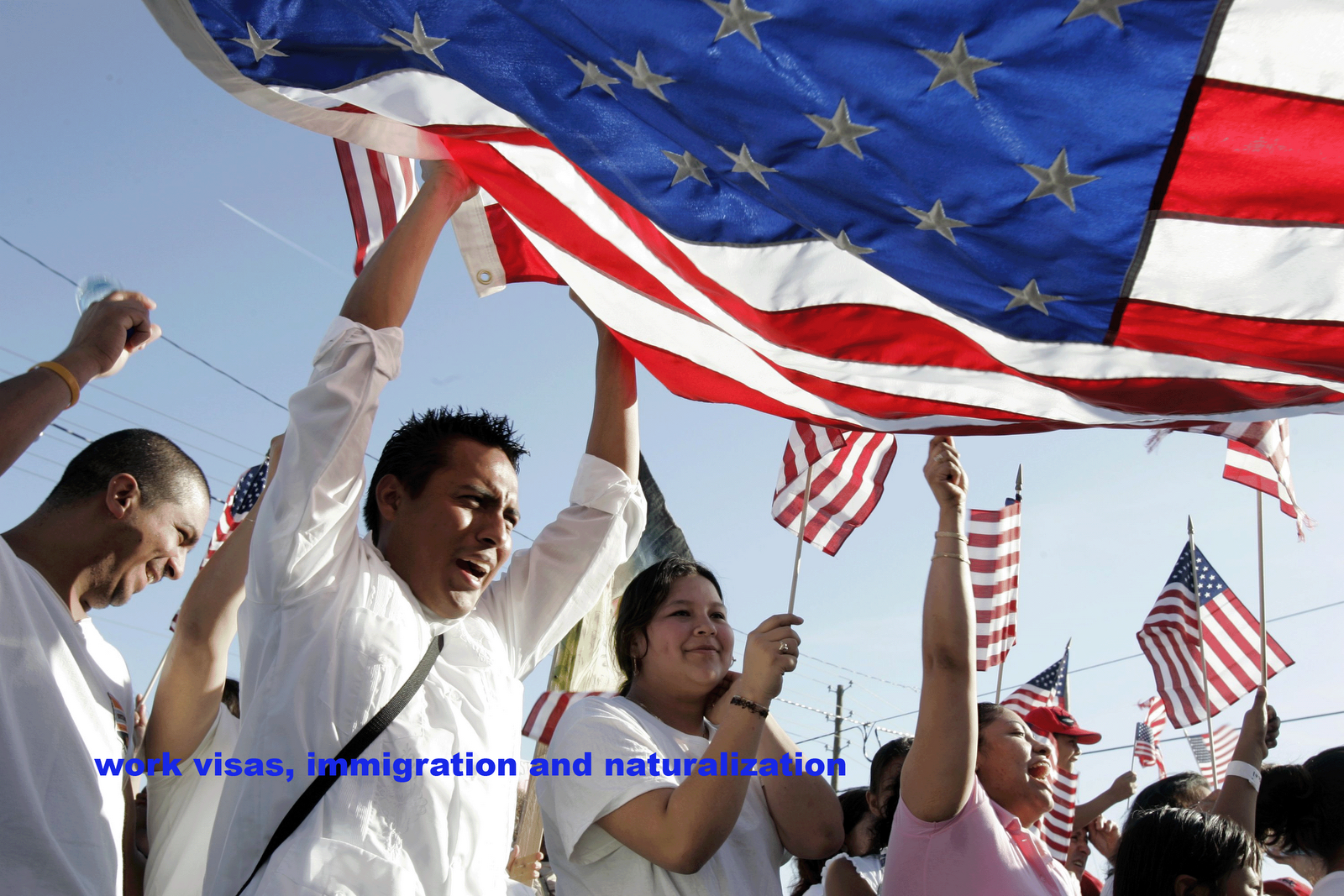In principle, any person is allowed to travel to North Korea, and only South Koreans and journalists are routinely denied. The visa application process is complex. Special travel agents can help potential visitors through the bureaucratic process. Visitors are not allowed to travel outside designated tour areas without their Korean guides.
Prior to 2010, tourists holding United States passports were not granted visas, except during the Arirang Festival mass games (아리랑 축제). U.S. citizens, journalists and citizens from other nations have also been given special permission to enter as members of the Korean Friendship Association and Choson Exchange. Citizens of South Korea require special permission from both governments to enter North Korea, and are typically not granted such permission for regular tourism except in special tourist areas designated for South Koreans.
In April 2010, the first tourist trains from China brought visitors from Zhejiang, Heilongjiang, Guangdong, and other provinces, as well as Finnish people living in China, to North Korea for a 4-day tour.
Organized by the state owned Korea International Travel Company, Tourism in North Korea is highly controlled by the government, and as such it is not a frequently visited destination — roughly 1,500 Western tourists visit North Korea each year, along with thousands of Asians. Tourists must go on guided tours and must have their tour guides with them at all times. Photography is strictly controlled, as is interaction with the local population. Cgtt Voyages, Chugai Travel, Korea Konsult, Korean Friendship Association, Koryo Tours and New Korea Tours are specialised in visits to the Democratic People's Republic of Korea (also known as North Korea.


